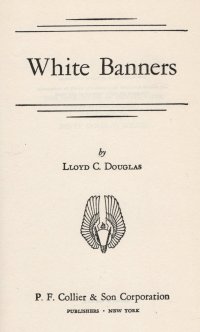 Ah, gentle reader. I read Douglas’s Home for Christmas in 2011 (which might make it the first in my annual tradition, but I am too lazy to double check right now–oh, heck, all right, I looked, and it does seem to be the first, and the tradition is not as annual as I would like to think–I skipped a couple of years). So when I saw three of his books available in Collier editions in 2022, I picked them up and was kind of excited to have them even though they’re not Christmas-themed.
Ah, gentle reader. I read Douglas’s Home for Christmas in 2011 (which might make it the first in my annual tradition, but I am too lazy to double check right now–oh, heck, all right, I looked, and it does seem to be the first, and the tradition is not as annual as I would like to think–I skipped a couple of years). So when I saw three of his books available in Collier editions in 2022, I picked them up and was kind of excited to have them even though they’re not Christmas-themed.
Jeez, Louise, a quick look at Douglas’s Wikipedia indicates how big he was in the 1930s. He wrote a dozen novels and nine non-fiction works, and his novels were made into movies (his first novel, Magnificant Obsession, was made into a movie twice). The books I picked up were matched Collier editions of his work–I’ve only seen Steinbeck’s work in similar editions. Collier reprinted them because it expected people to buy sets of this guy’s work. And he is so little known today. Time and fame are fleeting.
At any rate: The book begins with a rough-looking woman selling a household gadget coming into the poorly run house of a junior college professor, his flighty wife, and their two children (with another on the way). The woman of the house gives her some food, and she–the dishevelled woman–sort of takes over, winning over the husband as well as the children with her good nature and frugal ways. She is Hannah, a housekeeper who fell on hard times after the birth of her son, whom she gave up for adoption. Her story unfolds in flashback over the course of the 400 pages: She was a housekeeper, fell in love with a young man whose family she worked for but who died young of an illness, and she took on his philosophy of non-confrontation and having faith in a Higher Power. She married a playboy whose mother disapproved of the match, so the marriage ended before the boy was born–and the ex-husband did not know of the pregnancy. She gave the boy up for adoption and visits her son and his adopted mother as Aunt Hannah and watches him grow up. As the story progresses, she becomes the housekeeper properly for the professor, who is a tinkerer who invents a refrigerator process that gets stolen by the people with whom he’d hoped to partner. Hannah gives him a pep talk as his son is laid out with pneumonia and on death’s door. So the professor promises to trust the process the Higher Power and not pursue legal action. Eventually, he has another idea, invents another thing for household refrigerator, becomes rich and the Dean at his college, his flighty wife enjoys social prominence. A former employer/companion/friend of Hannah returns from Europe, learns her story, and wants to be the adopted son’s aunt, too, taking him East and then to Europe where he meets his father who recognizes him and wants to turn him into an indolent playboy as well. But the adopted son has fallen for the professor’s youngest daughter, and social class self-conscious Hannah wants neither of these for her boy. And then the boy and the daughter try to figure out exactly who is an aunt or uncle and who is not.
It’s like a Charles Dickens book written by Norman Vincent Peale. It’s awfully talky, with long periods of philosophical conversation, although I guess one could fault most of classical literature for being the same. But it lacks the playfulness of Dickens’ work and is dreadfully earnest. Douglas started out as a Lutheran pastor and switched to another denomination, but this book is not really Christian. Like Peale in his nonfiction, Douglas talks about the Higher Power and surrendering to/trusting in it a bunch, but I think the words “God” and “Holy Ghost” (or Spirit) appear once each in the book; instead, the book talks about Him, the Other, It, and once Them. And yielding to the higher power is often in service of a greater goal, so it’s a bit like praying, but not really. So schismatic would probably be a better term for it.
Additionally, passage of time changes from the beginning of the book to the end of it. It starts out with pretty much the story unfolding day to day over some months with some flashbacks–we get the way the house is run (and how Hannah improves it), the professor tinkering, et cetera, and then about the time of the boy’s illnesses and the father’s acceptance of the Higher Power They Don’t Want To Name Because They’re Not Superstitious Simpletons, chapters start taking place months or years after each other. All told, the book takes place over the course of 20 years–the boy grows up, and the unborn daughter of the professor grows up, goes to college, and falls in love with the boy. But it gave me a bit of whiplash. When Hannah takes the daughter (Sally; she does have a name, you know) to Europe to see her family (Hannah’s originally from England), the playboy takes the boy (Peter; he does have a name, you know) to the home of his (Peter’s) family, and while at the fair, riding an elephant, Peter sees Hannah and Sally and vows to find them in the crowd. End of chapter with only a couple chapters to go, so I expected maybe the next chapters involved perhaps Peter finding them, a reconciliation between Hannah and the playboy (perhaps not a full reunion, but reapprochment), Hannah getting over her class consciousness and blessing the union of Sally and Peter…. Oh, but no: Next chapter opens two months later with the professor in the hospital and in dire straits after a car accident caused by his son who tended to drive too fast and recklessly. Which gives some opportunity for him to share the message about the Higher Power with Peter, eventually, and for Peter and Sally to muse about his family relationships and to muse at length internally whether they like like the other.
So a bit of a slog of a read after about page 200 (of 400).
I’d first picked up Doctor Hudson’s Secret Journal, but that is not only like this but more so. A follow-up to Magnificent Obsession (a prequel written ten years after the first), it includes journal entries describing the doctor’s experiments with the Higher Power along with a related story, sort of. To be honest, reading this book (and starting the other) have made me not look forward to reading either Doctor Hudson’s Secret Journal or Disputed Passage any time in the near future. Which could be the next decade.
On the other hand, the book is an artifact that tells us in the 1930s, clergymen had to write books like this to convince the reading public to…. Well, one presumes to come to church, although no one in the book goes to church.
But the concerns then:
Last night, reading in her room, Adele had been stirred, alarmed, appalled, horrified. The world was quite evidently coming to an end; overpopulated, underfed, the last frontier occupied; eugenically deteriorating, its racial colors clashing, its nationalistic greeds mounting, its mind upset, its emotions unstable, its nerves frazzled. Adele herself would undoubtedly be alive–in terror and tatters–when the ultimate explosion was touched off.
Sadly, those of us who might feel similarly can take no solace in that this particular prophecy was fulfilled in World War II. Which only took six years of hot war and millions of dead before its end. Modern pessimists don’t feel as lucky.



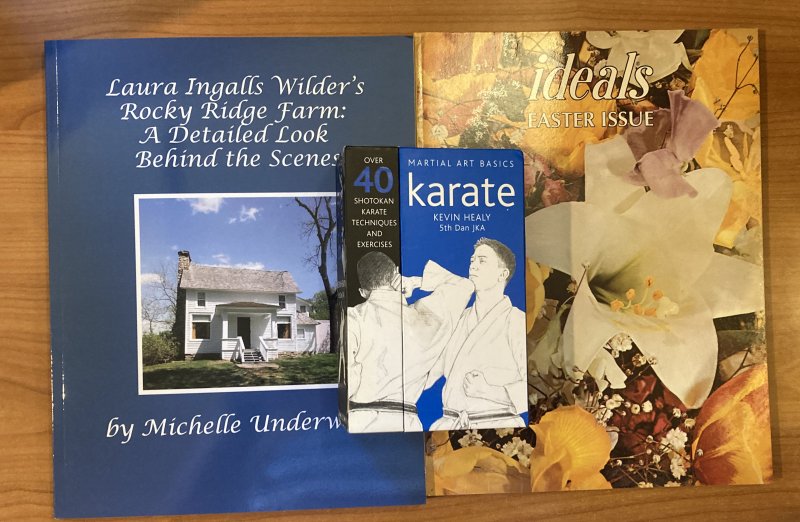
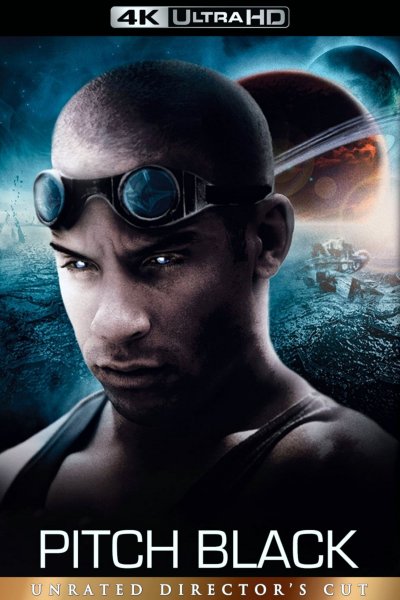
 Gentle reader, I picked up this book to consider it for the
Gentle reader, I picked up this book to consider it for the 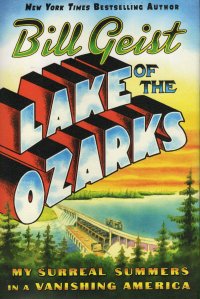 Gentle reader, I cannot find this book in a Good Book Hunting post, and I apologize as I know you, like I, relish the chance to revisit when and where I bought a particular book in the last 20 years. Now, as this is a 2019 book, clearly I did not buy the book before starting the Good Book Hunting posts. As it is in very nice shape and has no penciled prices in it, I have to guess I bought this new, perhaps as part of spending Christmas gift card or picked up while picking up Christmas gift cards. It has all the marks (figurative) of browsing the local interest section of the book store. Or perhaps I am a kleptomaniac who stoled it and don’t remember doing so.
Gentle reader, I cannot find this book in a Good Book Hunting post, and I apologize as I know you, like I, relish the chance to revisit when and where I bought a particular book in the last 20 years. Now, as this is a 2019 book, clearly I did not buy the book before starting the Good Book Hunting posts. As it is in very nice shape and has no penciled prices in it, I have to guess I bought this new, perhaps as part of spending Christmas gift card or picked up while picking up Christmas gift cards. It has all the marks (figurative) of browsing the local interest section of the book store. Or perhaps I am a kleptomaniac who stoled it and don’t remember doing so.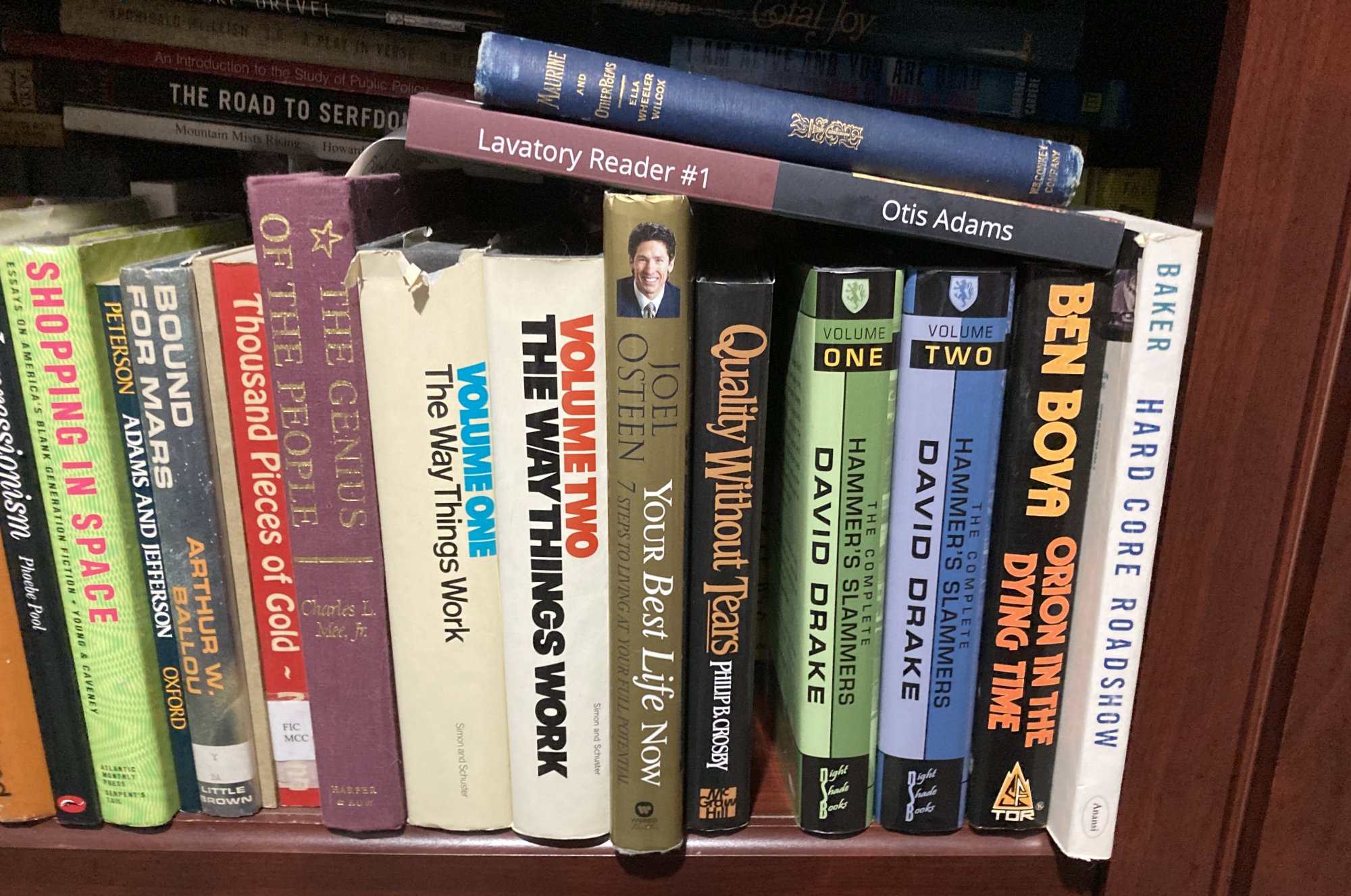
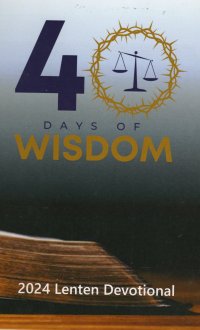 For the past several years, the church I attend has put together a Lent (and maybe Advent) devotion book written by members of the congregation. Full disclosure: My beautiful wife contributed three devotions this year. This is the first time I picked up a copy and went through it, not day-by-day but in spurts where I would read several days’ worth to catch up, read the day’s, and then read a couple of days ahead. To be honest, I am not the target market for devotionals, although I have given several as Christmas gifts–my mother-in-law reads several daily, including one that I have her several years ago that she re-reads every year.
For the past several years, the church I attend has put together a Lent (and maybe Advent) devotion book written by members of the congregation. Full disclosure: My beautiful wife contributed three devotions this year. This is the first time I picked up a copy and went through it, not day-by-day but in spurts where I would read several days’ worth to catch up, read the day’s, and then read a couple of days ahead. To be honest, I am not the target market for devotionals, although I have given several as Christmas gifts–my mother-in-law reads several daily, including one that I have her several years ago that she re-reads every year. Ah, gentle reader. I read Douglas’s Home for Christmas in
Ah, gentle reader. I read Douglas’s Home for Christmas in 